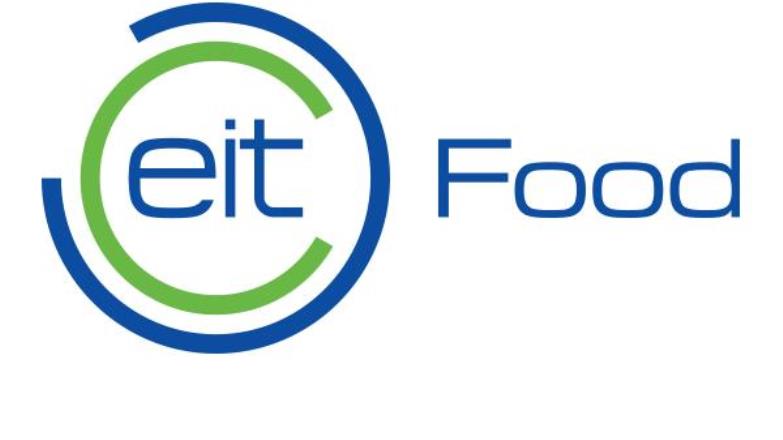In light of worsening climate-related risks to food and agriculture, the ‘Food Alert’ project – the first of its kind to systematically ‘stress test’ the EU’s food system though an interactive, multi-stakeholder, two-day workshop published a detailed report on its methodology and substantive findings. The report concludes that urgent EU-level political action is needed for effective short-term crisis preparedness and response coordination, and for longer-term crisis prevention. EIT Food, the Lead Sponsor of the Food Alert project, is supported by the European Institute of Innovation and Technology (EIT), a body of the European Union.
In February, the Food Alert convening partners (Sciences Po, Centre for Systems Solutions, Prospero and Partners, Chatham House, INRAE, and the European Policy Centre) brought together 60 European food system experts and practitioners from the European Commission, member state governments, industry, civil society, academia, and media, challenging them to develop practical policy responses to a fictional, but very realistic, food system crisis involving multiple climate-induced supply ‘shocks’. Participants were assigned roles based on various worldviews, organisational values and perspectives in the fields of governance, food regulation, production, trade, and consumption. Workshop participants were then grouped into three breakout groups that were prompted to analyse three topics, specifically: Crisis Responses (short-term), Agriculture and Food Production (medium-term focus), and Trade and Finance (longer-term).
Said Chris Hegadorn, Lead Organiser of ‘Food Alert’ and Adjunct Professor of Global Food Politics at Sciences Po University Paris: “A key inhibitor to more resilient food systems is the dearth of tools that can bridge the gap between scientific evidence and policy application; crisis simulation workshops like ‘Food Alert’, which engage multiple communities simultaneously and force participants to broaden their perspectives through role-playing, effectively marry up scientific evidence with real-world political processes in a way that studies and reports alone cannot. We know more crises are coming, faster and harder; we need to better prepare for those crises right now to decrease the risks of future food insecurity.”
Added Piotr Magnuszewski, Scientific Director of the Centre for Systems Solutions: “We live in a poly-crisis, constantly surprised by new emergencies. We wish we could travel in time to prepare before catastrophes strike.
“With policy simulations based on plausible crisis scenarios, we can! With crisis simulation, we can identify food system vulnerabilities to improve coordination, build response mechanisms, and strengthen the overall system resilience at all levels: regional, national, and local.”
Concluded Ilario Ingravallo, Mission Lead – Reducing Risk for a Fair & Resilient Food System, EIT Food: “Our current food system is highly vulnerable to external shocks. One of EIT Food’s core Missions focuses on the need to improve food security and safety by enabling and establishing resilient food supply chains.
“The Food Alert project has been game-changing in introducing the concept of “stress-testing” to Europe’s food system for the very first time. We are thrilled to support the project, and hope that this is the beginning of a broader conversation on how governments and actors across the food system can work together to prepare for future crises.”
EIT Food, as Lead Sponsor of the project, played a critical role in providing ideas for workshop participants from among its broad network and in offering feedback on the Brussels food policy environment. The project is also supported by the Agriculture Ministry of the Government of the Kingdom of the Netherlands, which contributed expertise and leadership on food and agriculture policy when designing the scenario of the crisis simulation. To find out more visit eitfood.eu



